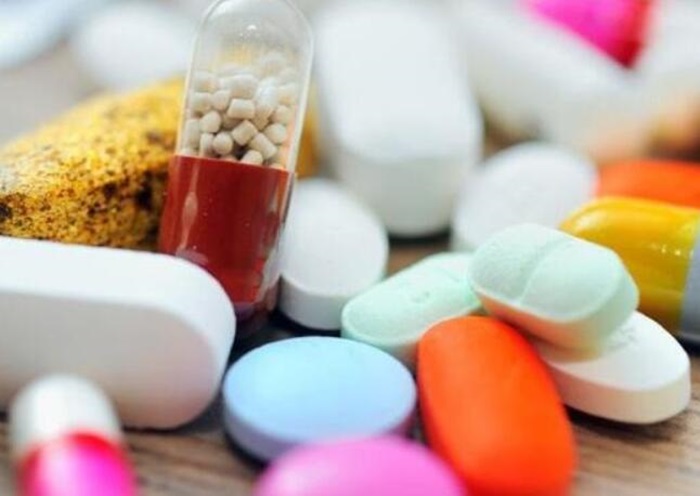Obstructive sleep apnea (OSA) is a serious condition that can affect your health if left untreated. It causes breathing pauses during sleep due to blocked airways, which can lead to symptoms like daytime sleepiness, and increase the risk of conditions such as high blood pressure, diabetes, anxiety, and stroke.
What Causes Sleep Apnea?
OSA occurs when the muscles in your throat or your tongue relax too much, blocking the airway. This makes it difficult to breathe properly while sleeping. The severity of sleep apnea is measured by something called the apnea-hypopnea index (AHI), which counts how many times per hour your breathing stops for 10 seconds or longer. If your AHI is moderate or severe, doctors often recommend a CPAP (Continuous Positive Airway Pressure) machine to help keep your airway open.
CPAP: The Standard Treatment for Severe Sleep Apnea
A CPAP machine uses a mask to pump air into your airway while you sleep, preventing it from closing. It is the most common treatment for moderate to severe OSA (AHI 15 and higher). However, many people find it difficult to tolerate the CPAP and may not stick with it long-term. Fortunately, there are other options that might work for some people, especially for those with mild or moderate cases of sleep apnea.
Dental Devices as an Alternative
One popular alternative to CPAP is a dental device. These devices help adjust your jaw position, moving your tongue forward to keep your airway open. A specialized dentist can custom-fit these devices, ensuring they don’t harm your bite or teeth. These oral appliances are effective for many people and can even be used alongside a CPAP to treat severe cases of sleep apnea. They can cost between $2,000 and $4,000, but some insurance plans may cover the cost.
Cheap Alternatives: Be Cautious
While there are cheaper dental devices available online, experts caution against using them. These low-cost options may not be properly fitted and could lead to jaw problems or even move your teeth out of place. Always consult with a specialist to find the best solution for you.
Other Treatment Options for Sleep Apnea
Some people with sleep apnea can benefit from position therapy. This involves changing sleeping positions to avoid lying on the back, which can make OSA worse. A common method is to use pillows or attach a tennis ball to the back of your shirt to encourage side sleeping.
Tongue Trainer Device
A newer option is the eXciteOSA, an FDA-approved tongue trainer designed to improve the endurance of your tongue muscles. The device is worn for 20 minutes a day for six weeks and then a couple of times a week for maintenance. While it shows promise, more research is needed on its long-term effectiveness. It costs $1,650, and insurance does not cover it.
The Risks of Mouth Tape
A popular, but unsafe suggestion for reducing snoring is mouth taping. This involves closing your mouth with tape during sleep, but this method is not recommended for those with obstructive sleep apnea. It can cause breathing difficulties and is not a safe treatment option.
Surgical Options for Severe Cases
In rare cases, surgery may be an option for people who can’t tolerate CPAP or other treatments. Surgery may involve removing excess tissue from the soft palate or throat to improve airflow. However, surgery comes with significant risks and should not be considered a first-line treatment. A newer, reversible surgical option is the Inspire device, which stimulates a nerve to help keep the airway open. This device is suitable only for those who have tried other treatments without success.
Could Weight Loss Medications Help?
Since obesity is a major risk factor for sleep apnea, weight loss medications like Ozempic, Wegovy, and Mounjaro could play a role in future treatment. Studies suggest that losing weight can reduce the severity of sleep apnea. For example, a seven-pound weight loss can reduce AHI by about 7%. While these medications are promising, more research is needed to determine their effectiveness specifically for sleep apnea.
Read more:
- Sugary Drinks Fuel Diabetes And Heart Disease: A Growing Global Health Crisis
- High Niacin Levels May Increase Heart Disease Risk, New Study Finds
- 8 Blood Clot Warning Signs You Should Never Ignore, According To Doctors


